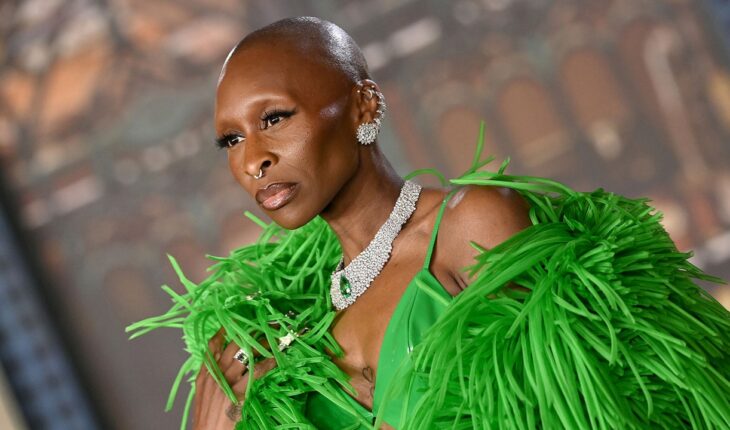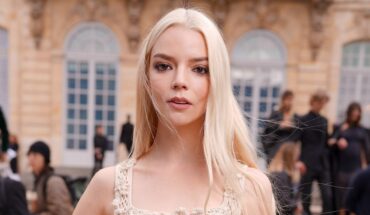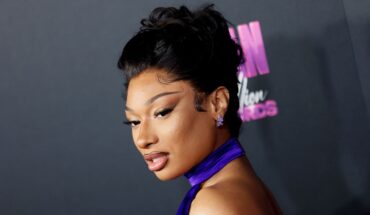Replies to the tweet are predictably mixed, with many Black users and allies denouncing the problematic press coverage as “just gross”, “disgusting”, and “disappointing, but not surprising” and one white male user posting: “This is what happens when one star is actually famous and the other is insufferable.”
One possible defence is that Ariana Grande is the more recognisable of the two; she came up as a Disney star and has toured the world as an A-list pop singer. In reality though, Cynthia is a megastar in her own right. Earning her stripes – as well as a Tony and Grammy award – for her starring role in the Broadway revival of The Color Purple, and a Daytime Emmy award, she’s very close to the elusive EGOT status, having been nominated for two Academy Awards as well. She also has an impressive television and music career, rounding out her skills as a multi-talented performer. Yet she’s still overlooked in the press and asked offensive questions by interviewers like Dax Shepard, such as asking how she uses the bathroom with her maximalist manicure.
Marleen Moise/Getty Images
And she’s far from the first Black actor to be disrespected in this way. Noma Dumezweni received nasty comments when she was cast as Hermione in Harry Potter and the Cursed Child and Michaela Coel was pressured by a production company to deliver scripts after being sexually assaulted. How long will Black actresses in Britain continue to be mistreated in the public eye?
Perhaps the most upsetting part is that Wicked is the story of sisterhood, solidarity and the power of breaking down harmful, surface-level judgements. The two actresses have been inseparable, promoting the film together, linking arms and holding hands through tears whilst reflecting on how they have impacted each other. Cynthia and Ariana have been one other’s biggest champions throughout, with the latter telling Vanity Fair that she’s dreamed of singing with Cynthia for years.
But instead of this reflection of sisterhood by the media, Ariana, a petite white American woman playing a supporting role, is being portrayed as a centre-stage princess while Cynthia, as the lead actor, has been omitted from the front pages. It feels reminiscent of the way Meghan Markle was treated by the British press, pitted against Kate Middleton as her perfect, true princess foil.
And this time, it’s not because she’s an outsider. Cynthia herself is British, unlike Ariana. The front page of British papers should be acknowledging her long list of accolades and her strong performance in the film – instead, it feels like she’s been erased altogether.
So for minority ethnic women in the UK and Black women in particular, this misrepresentation is nothing new. It’s tired, it’s boring, it’s racist and it’s sexist. It’s simply not good enough.
Like Elphaba and Glinda sang together: it’s time to change for the better. For good.





